8 Things the most organized families have in common
Take tips from the most orderly families out there to ensure home life runs smoothly, even on the busiest days
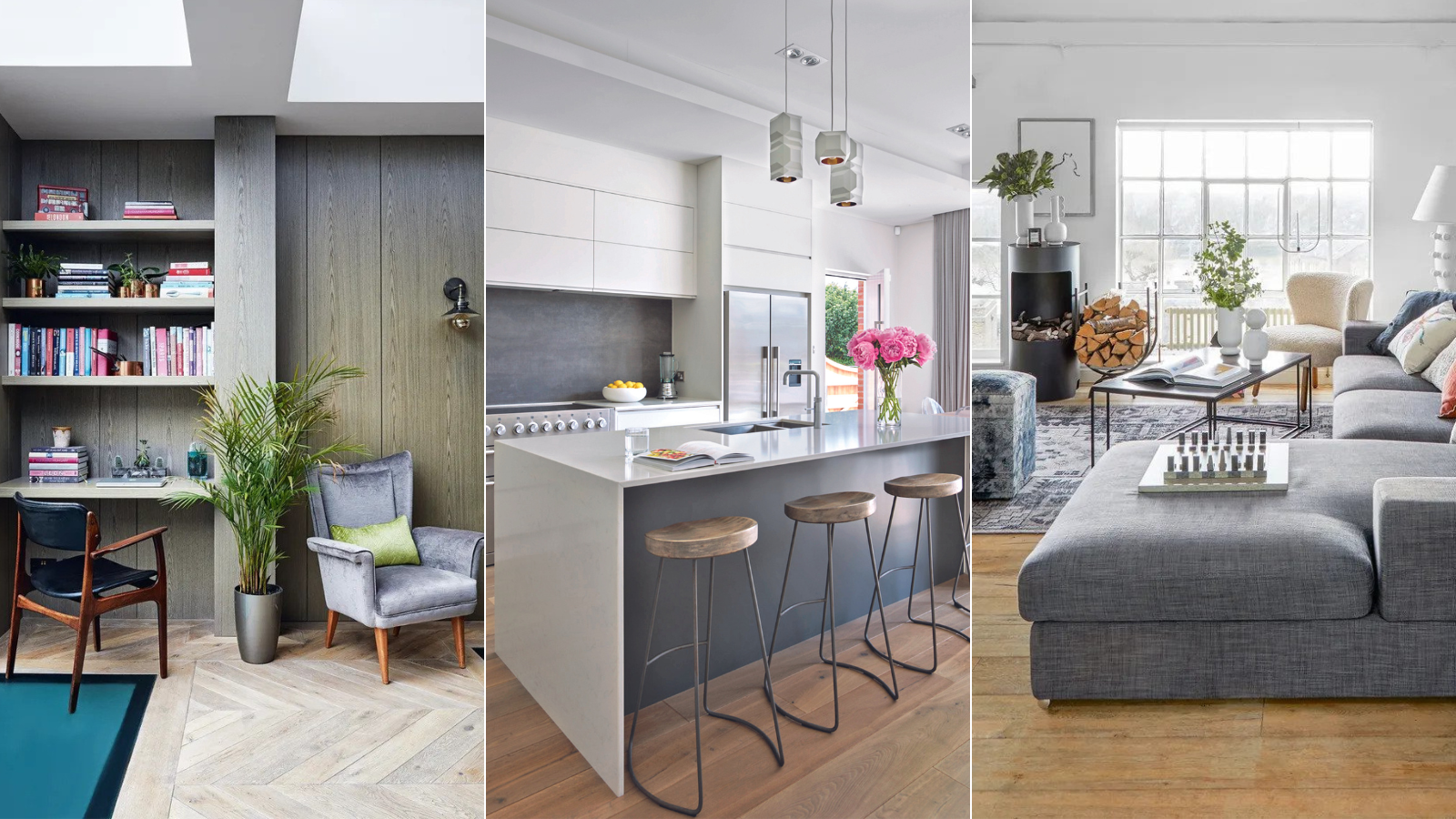
With busy lives to lead, keeping a home neat, tidy and orderly can be a tricky business. Yet some families just seem to ‘get it’. Dishes done, laundry folded, clutter cleared… and that’s just before breakfast. What’s their secret? Well, different households have different priorities of course, but there are a few things that pretty much all of the most organized families have in common.
How far you go with home organizing ideas is up to you, but it’s important to remember that even the most organized families among us can’t possibly achieve perfection all the time, so you shouldn’t expect to either.
However, if you’re dealing with chaos more often than not, it’s likely common home organizing mistakes that are holding you back.
Things the most organized families have in common
Luckily for you, our resident super sleuths (aka organizing experts) have uncovered the home organization secrets of the most orderly of families for us to share, so you can keep up with the best of them. They’re a lot simpler than you might think, too!

1. They give themselves deadlines
Keeping a running to-do list is practical, but it serves no purpose if you’re not ticking things off it. Along with their tasks, the most organized families will list a time and date for when they want it done. This prevents anything important from getting left to the last minute and keeps things ‘ticking’ along (sorry) nicely.
2. They tackle one task at a time
When the day-to-day gets that little bit too chaotic, desperate measures can often drive you to bite off way more than you can chew, leaving you feeling more frazzled and disorganized than before you’d even started! Knowing how to declutter when you feel overwhelmed helps, but the most organized families out there prefer to avoid it altogether, by giving themselves permission to focus on just one organizational task at a time.
‘The idea of completing small projects with boundaries is that you’re setting yourself up for a win, which will motivate you to keep working on smaller chunks until eventually your entire space is organized!’ says Lucy Milligan Wahl, owner of boutique organizing company, LMW Edits.
3. They have a home for everything
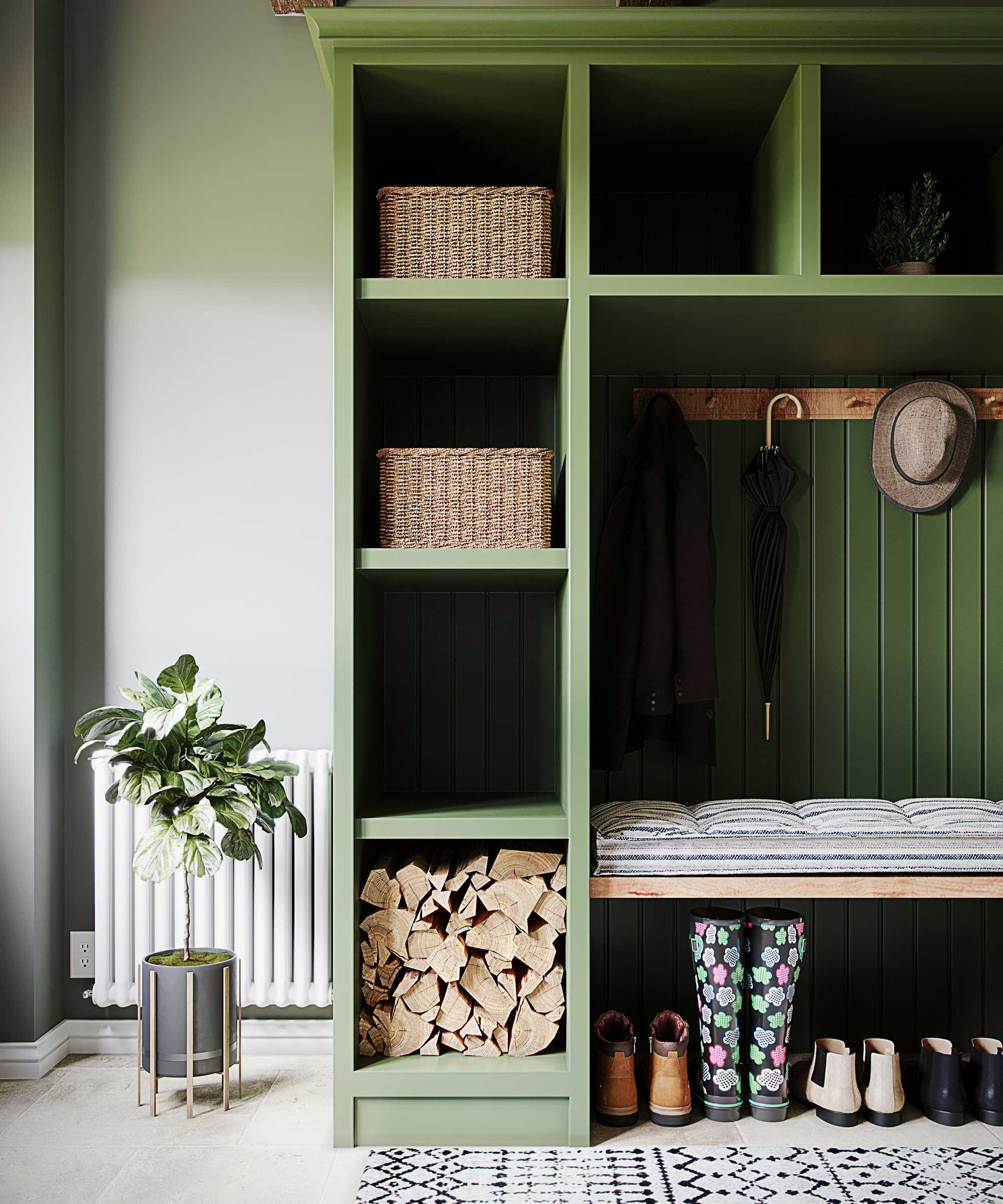
Your keys, mobile phone, charger, a pair of earrings, Christmas cookie cutters… have you ever wondered just how many hours you’ve wasted looking for things? Imagine what you could do with that time. The most organized families don’t have to imagine – they already have it, simply because they’ve given every item they own a designated home. Right down to the last teaspoon.
‘Whether I’m organizing my closet or my kitchen drawers, I’ll always prioritize prime storage space for those items I need most often, so I’m not wasting time rummaging around. I also like to add stylish storage to clutter hot spots, so items can remain accessible yet neatly contained. I like these trinket trays at Amazon, for use on a bedside table,' says Jennifer Ebert, editor of Homes & Gardens.

Jen is the Editor (Digital) of Homes & Gardens. Before starting this position, she had completed various interior design courses at KLC Design School, as well as working across Ideal Home, LivingEtc, 25 Beautiful Homes and Country Homes & Interiors as an interiors writer.
4. They have a shared calendar
From sports clubs and dance classes to work meetings and dinner dates, family calendars fill up fast. With everyone here, there, and everywhere, it’s almost impossible to stay organized – unless you have a shared family calendar, that is.
'We stay organized by syncing calendars via our phones, but you could take it one step further and download a family organizer app. As well as scheduling, most will allow you to add lists, reminders, and tick-off tasks, and they’re easy to navigate, so little ones can get involved, too – it’s a great way of teaching responsibility,’ says Lucy Searle, content director at Homes & Gardens.

Lucy Searle has written about interiors, property and gardens for over 30 years, starting within the interiors departments of women's magazines before switching to interiors-only titles in the mid-1990s. In 2018, Lucy took on the role of Global Editor in Chief for Realhomes.com, taking the site from a small magazine add-on to a global success. She was asked to repeat that success at Homes & Gardens, where she also took on the editorship of the magazine. Lucy is now Content Director across Homes & Gardens, Woman & Home, Real Homes and Ideal Home. Lucy is a serial renovator and also owns rental properties in the UK and Europe, so brings first-hand knowledge to the subjects she oversees.
5. They label everything
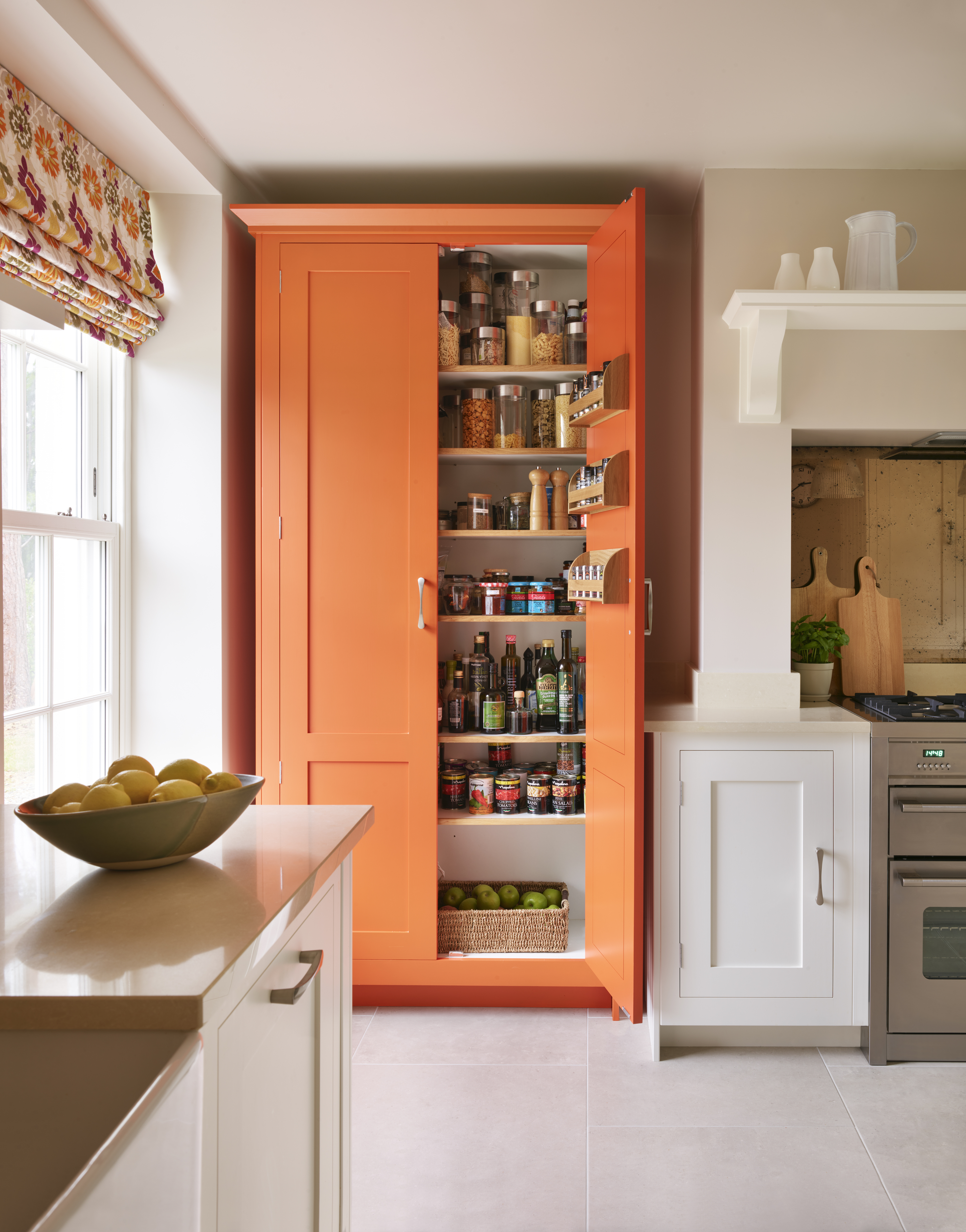
Effective labeling is certainly something all of the most organized kitchens have in common, but the most orderly among us will extend this tactic across other areas of the home, too.
‘As well as reminding you what’s where, doing this also means family members can find what they need – and put it away afterward – without having to ask,' says professional organizer Amanda Wiss, founder of NYC-based organizing services, Urban Clarity.

Amanda Wiss is the founder of Urban Clarity, a home organizing company awarded NY Magazine’s Best of NY 2023. She is also the founder of home staging studio Urban Staging, whose design-savvy team gets homes market ready, to intrigue brokers and buyers alike. The two companies work in conjunction to do full move management, getting their clients completely unpacked and beautifully settled, while minimizing stress.
6. They make the most of their storage
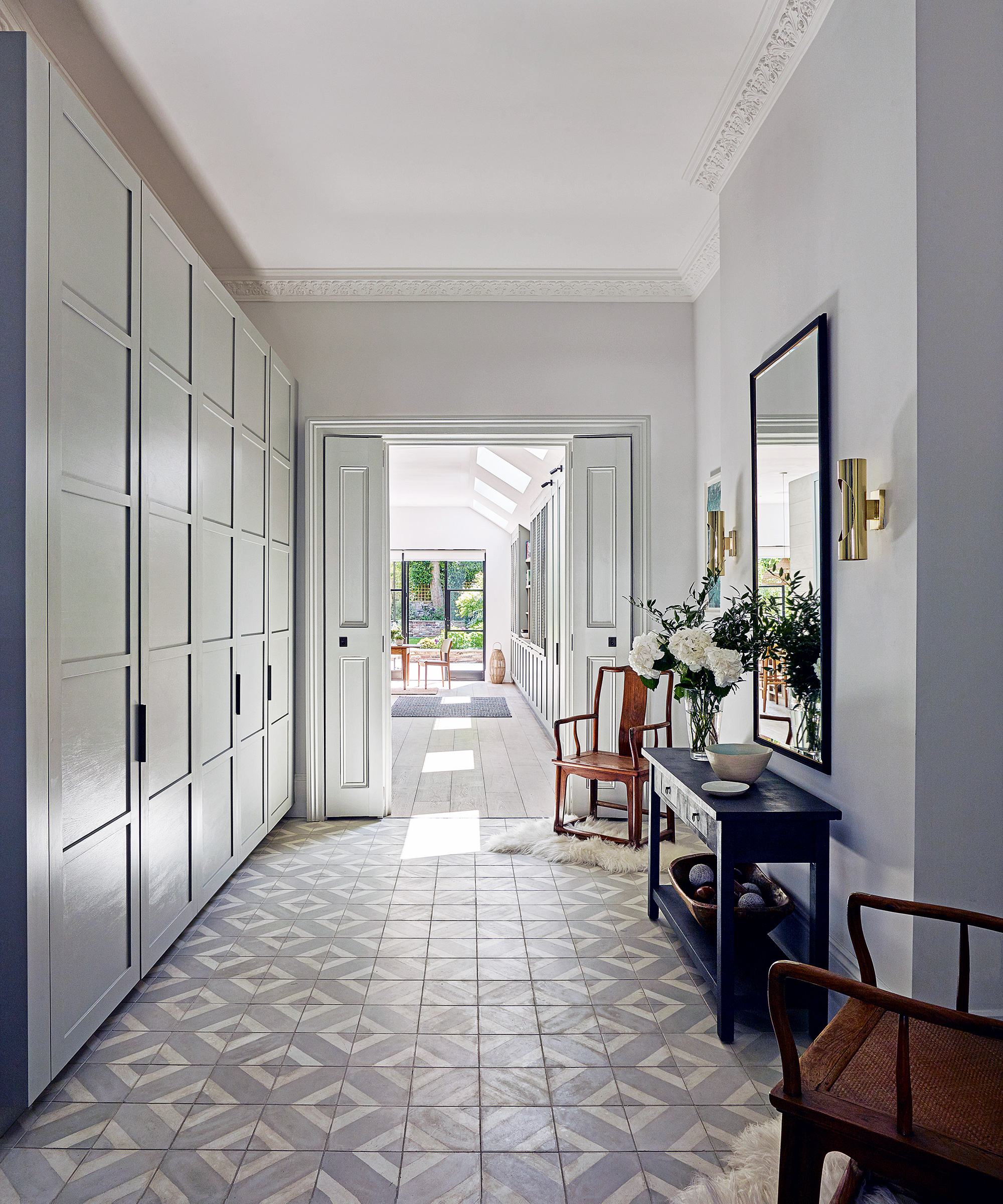
Everyone knows that good storage ideas are the key to a neat, tidy, and well-ordered home, so you can bet that the most organized families will have utilized every inch of space they possibly can. Stylish bins and baskets (like these collapsable rattan versions from Wayfair) along with multifunctional furniture and space-savvy home organizers are all things that organized people have in their living rooms, and you’ll likely find them in most other rooms, too.
7. They have less ‘stuff’ overall
The less stuff you have, the easier it is to keep it organized – period. As well as decluttering as you go, the most orderly of families recommend seasonal clear-outs to ensure you stay on top of clutter. Another top tip is to work out what to do with items you’re decluttering ahead of time, so you don’t end up tripping over bin bags for months on end.
While we’re on the subject of ‘stuff’ – beware of bulk buying! While it can be a useful money-saving tactic, particularly for larger families, it’s a common small pantry organizing mistake and makes organizing a kitchen (or a utility room, depending on where you keep your overflow products) tricker in general.
'Having the willpower to walk away from store promotions and multi-buy offers isn’t easy, but living within your means space-wise will make for a much neater, tidier space overall,' says Millie Hurst, Solved section editor, Homes & Gardens.

Millie Hurst is Section Editor at Homes & Gardens, overseeing the Solved section, which provides readers with practical advice for their homes. Millie has written about and tried out countless cleaning and DIY hacks in the six years since she became a journalist, and has worked in both London and New York.
8. They get everyone involved – and have fun at the same time
‘All family members should contribute to regular clear outs,’ says Catharina Björkman, Scandi lifestyle expert at Contura. ‘Keeping shared spaces tidy is everyone’s responsibility. It can even be fun! Put on some feel-good music and get everyone involved – you’ll get a far better response from children if they’re allowed to make decisions, too. Take regular breaks for snacks and keep up the sense of camaraderie; you’re all in it together,' she advises.
FAQs
What are the benefits of an organized home?
Aside from the obvious practical benefits – functional storage, more space, neater aesthetic, etc – there are actually some lesser-known health benefits to organizing a home. Clutter and mess have much more of an effect on our mood than you might think, leading us to feel pretty miserable and unmotivated, and perhaps even stall our social lives, too.
On the flip side, a neat, tidy, and well-organized home can make us feel pretty good, offering a sense of accomplishment and good habits that extend beyond our home life, to work, school, social events, and so on. The actual act of organizing has also been proven to alleviate anxiety and improve productivity. And if that’s not enough to tempt you, the added benefit of a clean house makes you happier, too!
So, it’s a common misconception that the most organized families are the ones that have the ability to get it ‘right’ every time – that’s just not true! In fact, quite the opposite. The most organized families are the ones that accept they can’t achieve perfection. Instead, they keep things simple, prioritize tasks and stay motivated regardless of how the day unfolds. With that in mind, rest assured – even the most ‘disorganized’ families can live an orderly lifestyle!
Sign up to the Homes & Gardens newsletter
Design expertise in your inbox – from inspiring decorating ideas and beautiful celebrity homes to practical gardening advice and shopping round-ups.
For 10 years, Tara King worked as a Content Editor in the magazine industry, before leaving to become freelance, covering interior design, wellbeing, craft and homemaking. As well as writing for Ideal Home, Style at Home, Country Homes & Interiors, Tara’s keen eye for styling combined with a passion for creating a happy – and functional – family home has led to a series of organization and cleaning features for H&G.
-
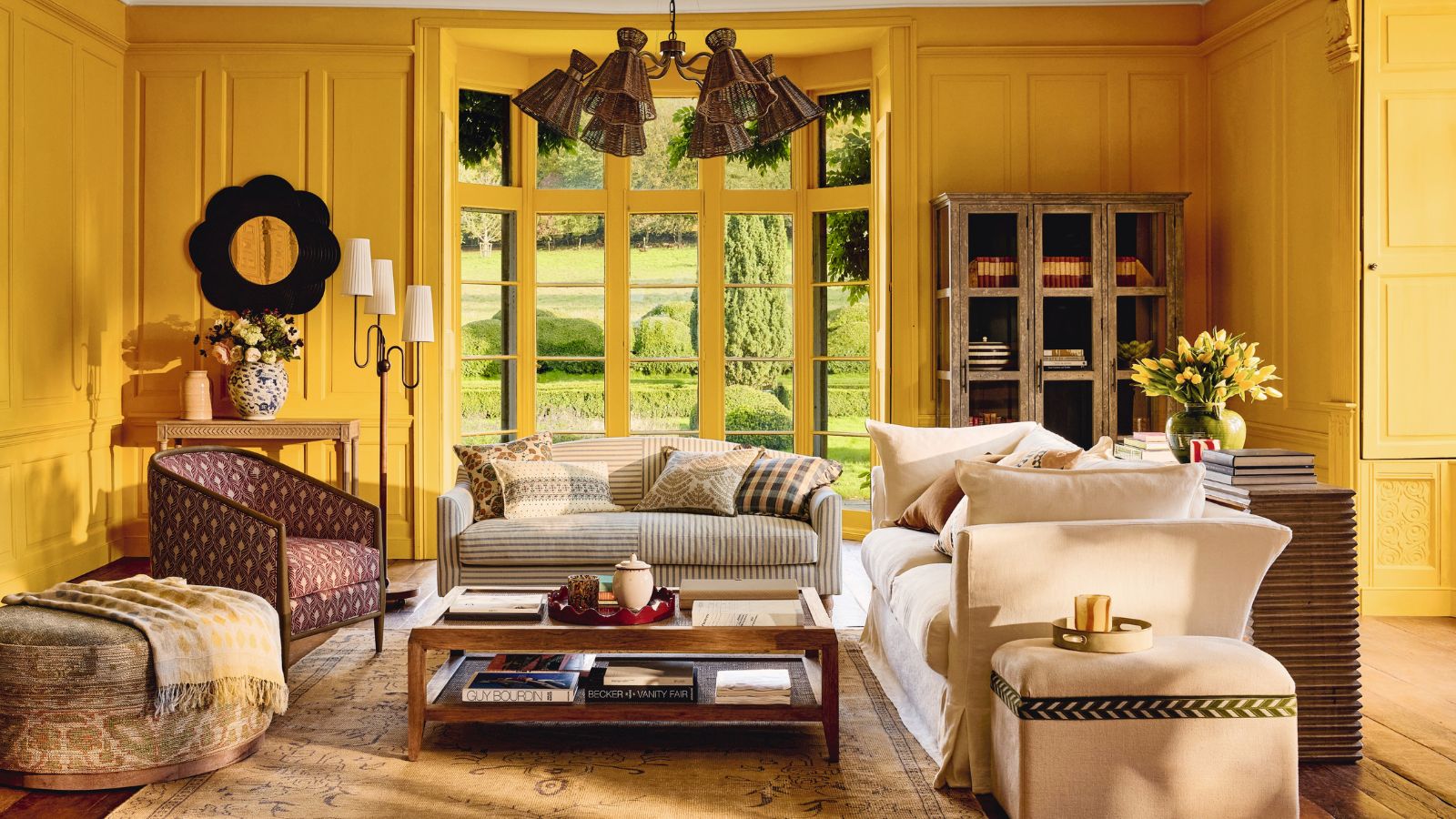 I’m an HVAC technician, and this is when I turn my AC on each year – plus 5 checks I always do beforehand
I’m an HVAC technician, and this is when I turn my AC on each year – plus 5 checks I always do beforehandSave yourself an AC hassle by running my checks and turning it on before big heat hits
By Josh Mitchell Published
-
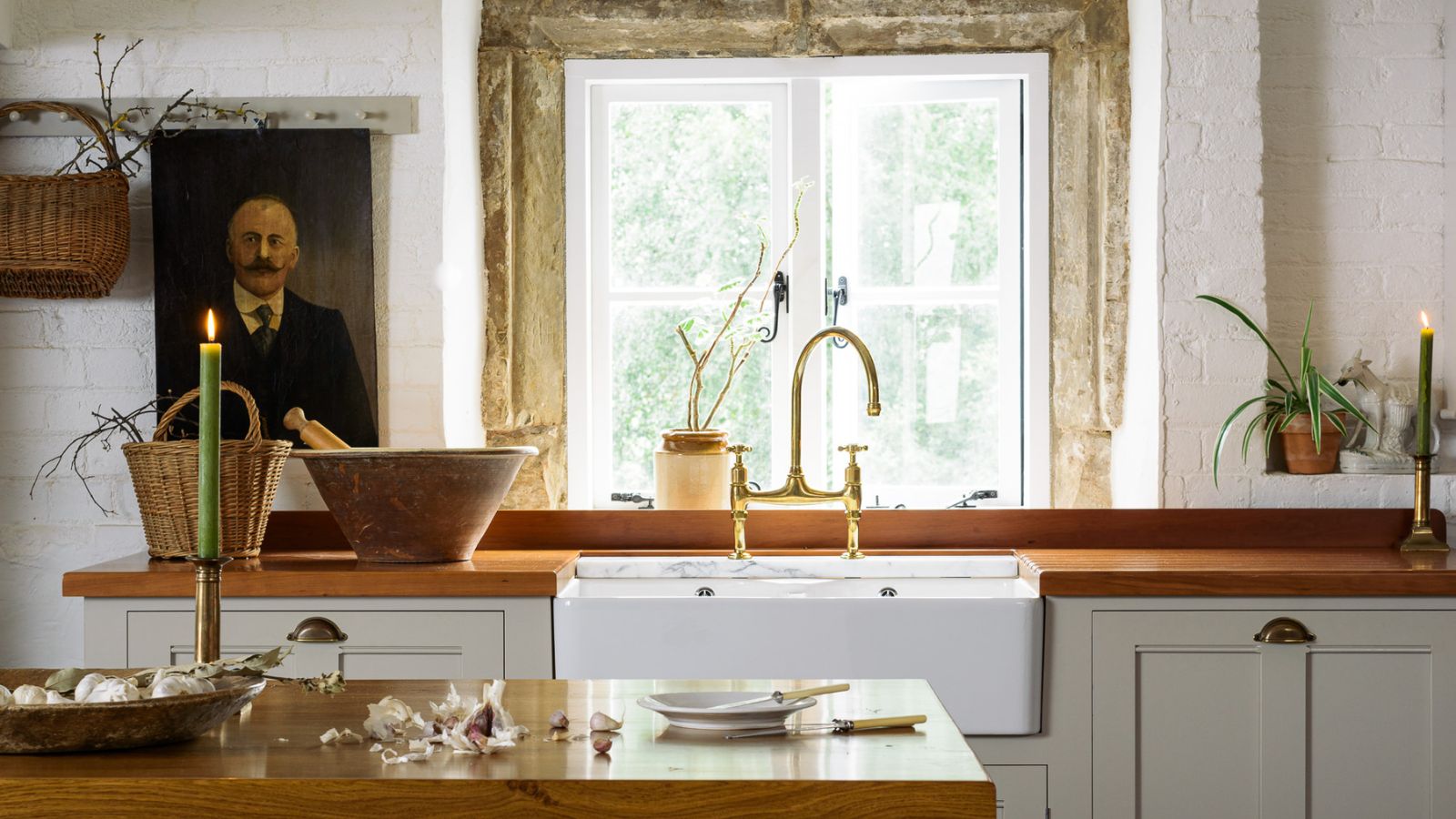 This simple marble hack elevates my budget-friendly wooden kitchen countertops and prevents the dreaded water damage for way less than you’d think
This simple marble hack elevates my budget-friendly wooden kitchen countertops and prevents the dreaded water damage for way less than you’d thinkThis design trick looks expensive, solves a problem, and was the easiest decision I made during my kitchen reno
By Charlotte Olby Published